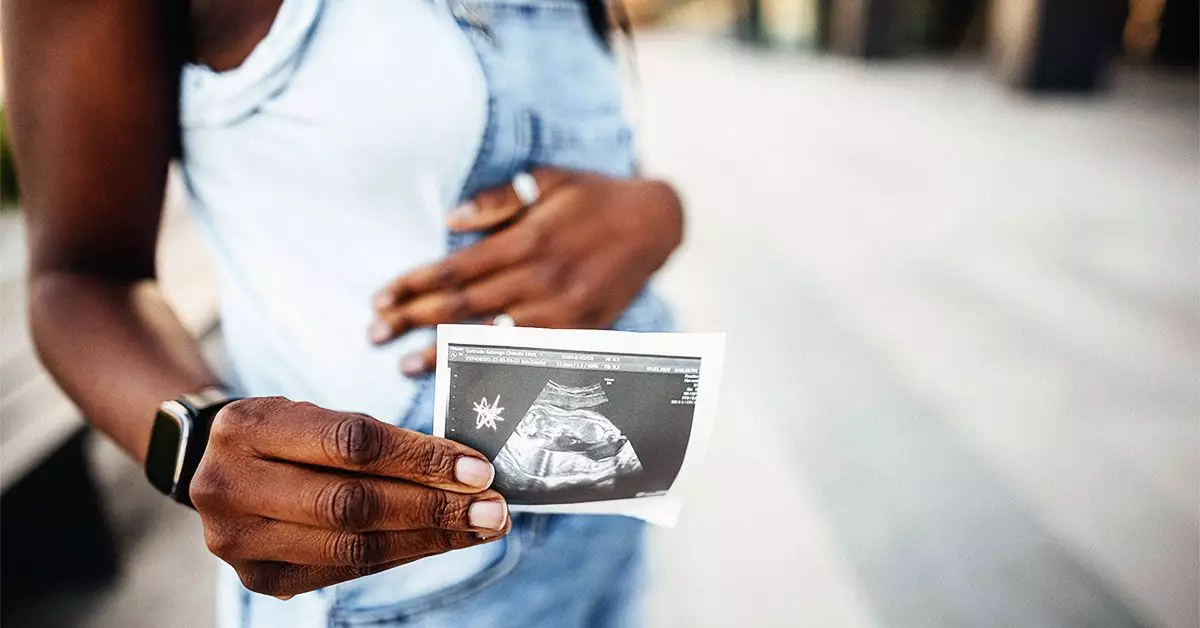The relationship between abortion and ectopic pregnancy is often shrouded in misunderstanding and misinformation. Indeed, it is crucial to clarify that there is currently no conclusive evidence establishing a direct causal link between induced abortion and the development of ectopic pregnancies. Although some earlier studies hinted at a potential correlation, the present body of research—including large-scale studies—does not support these findings. The notion that previous abortions might predispose women to ectopic pregnancies has been thoroughly scrutinized, revealing that the medical community, including respected institutions such as the American College of Obstetricians and Gynecologists (ACOG), does not recognize previous abortions as a significant risk factor.
Historically, several studies have emerged exploring the relationship between abortions and ectopic pregnancies. For instance, research from 1995 identified a group of women with ectopic pregnancies, of whom a notable proportion had undergone previous abortion procedures. This observation led to a hypothesis suggesting a dose-dependent model, indicating that more abortions equated to a higher risk of ectopic pregnancy. However, it is critical to note that more recent, larger studies have fundamentally challenged this assertion. The findings of a 2010 study that evaluated over 3,700 women showed no significant increase in ectopic pregnancy risk associated with multiple prior abortions when compared to those with a single abortion.
Moreover, scientific advancements and improved methodologies in abortion procedures also necessitate re-evaluation of older studies. The techniques and practices employed today bear little resemblance to those of decades past, and as a consequence, conclusions drawn from outdated research may no longer be relevant or applicable.
One aspect of the conversation that warrants attention is the potential for infections to affect reproductive health. While infections can occur following surgical abortions, these instances are relatively rare, especially in settings where safe and legal abortion practices are observed. The medical community has made significant strides in both preventing and treating infections, often prescribing antibiotics to mitigate risks before and after abortion procedures. Infection of the reproductive tract is indeed recognized as a risk factor for ectopic pregnancies, but the implications of this fact must be contextualized within the overall rarity of post-abortion infections in modern medical practice.
It is also essential to highlight that several other factors can contribute to the risk of ectopic pregnancies, such as older maternal age, previous history of ectopic pregnancies, damage to the fallopian tubes, and the use of assisted reproductive technologies. These factors may influence an individual’s risk profile, but they do not universally increase the likelihood of ectopic pregnancies and should not be simplistically linked to the history of abortion.
Another common misconception pertains to the impact of abortion on future fertility. Contrary to widespread myths, research indicates that safe abortions do not adversely affect a person’s ability to conceive in the future. In fact, a study conducted in Finland in 2016 revealed that women who had undergone a previous abortion actually exhibited lower rates of seeking fertility treatments compared to those without any abortion history. This underscores the notion that the stigma surrounding abortion often clouds the factual narrative regarding fertility and reproductive health.
The idea that abortion contributes to infertility is largely unfounded, particularly in environments that ensure legal and safe access to abortion services, which significantly mitigate potential complications.
In summarizing the discourse surrounding the potential links between abortion and ectopic pregnancy, it is crucial to adopt a perspective grounded in contemporary research and medical understanding. The absence of definitive evidence indicating that abortions lead to ectopic pregnancies serves to demystify the issue and encourages a more informed dialogue.
The inclination to perpetuate myths surrounding abortion can have detrimental effects on public health and individual decision-making as women navigate their reproductive choices. By focusing on evidence-based practices and diminishing stigma, the conversation can shift toward enhancing reproductive health for all individuals involved. Furthermore, recognizing that other significant risk factors exist can aid healthcare professionals and affected individuals in making educated choices and understanding their reproductive health more holistically.

